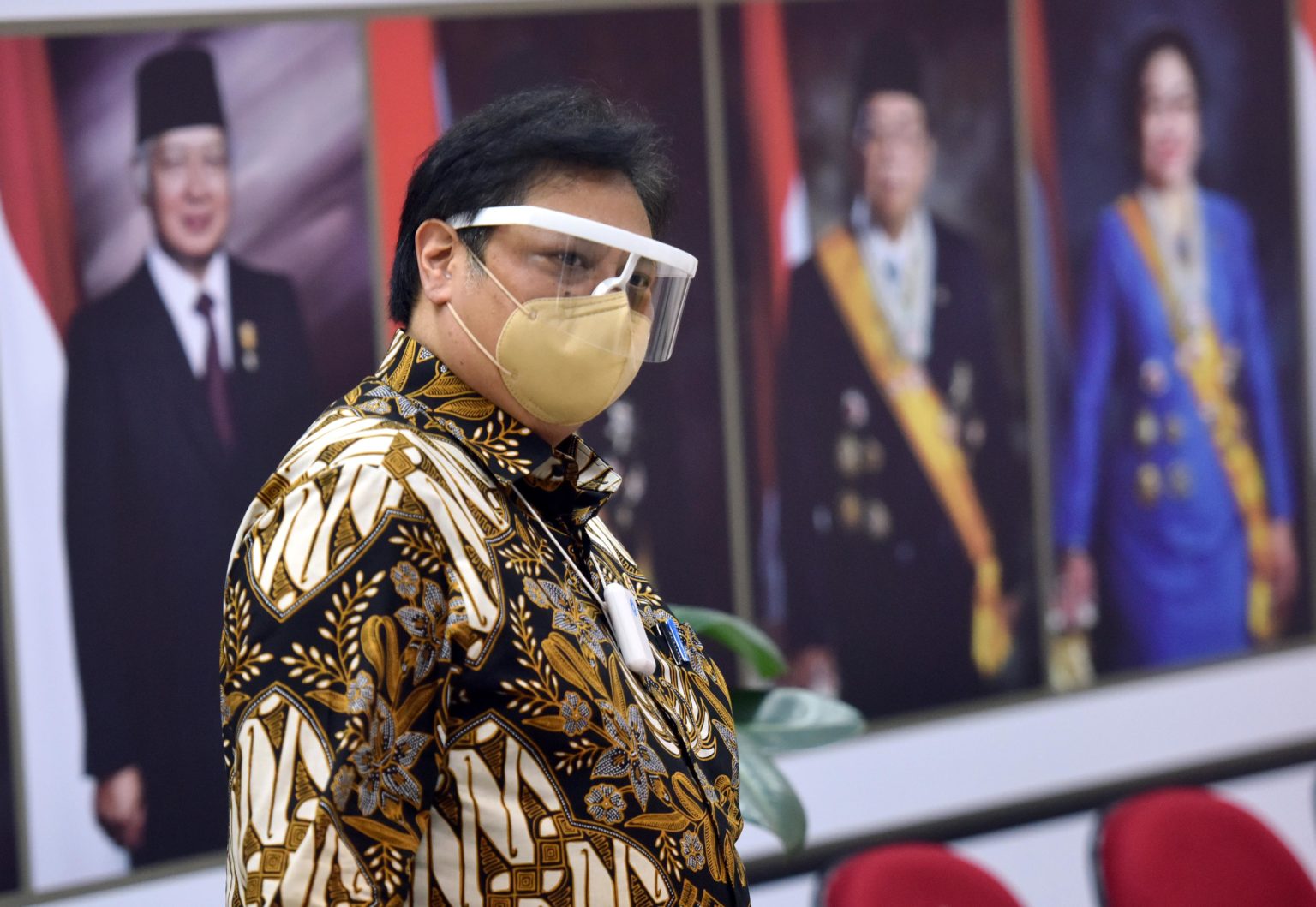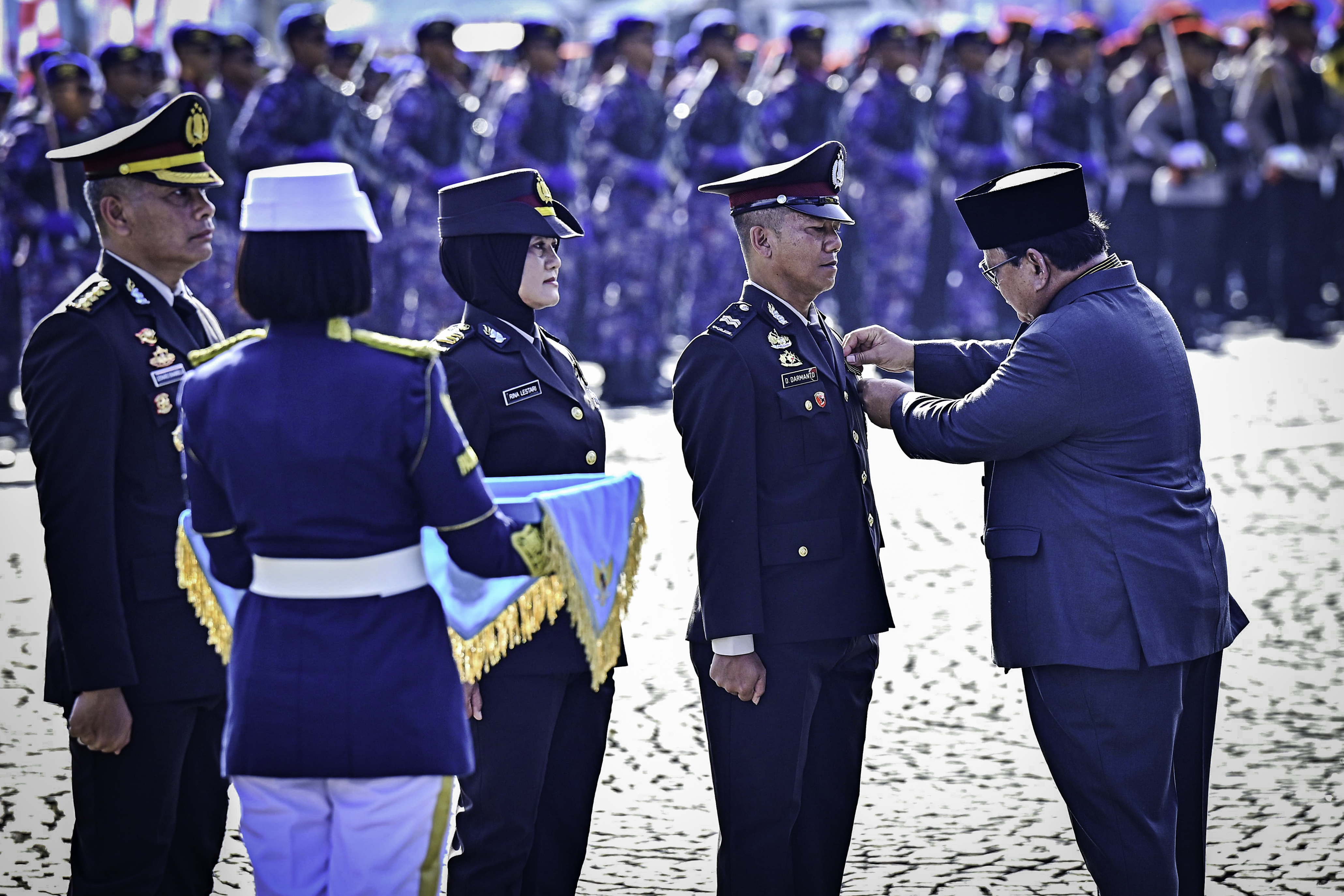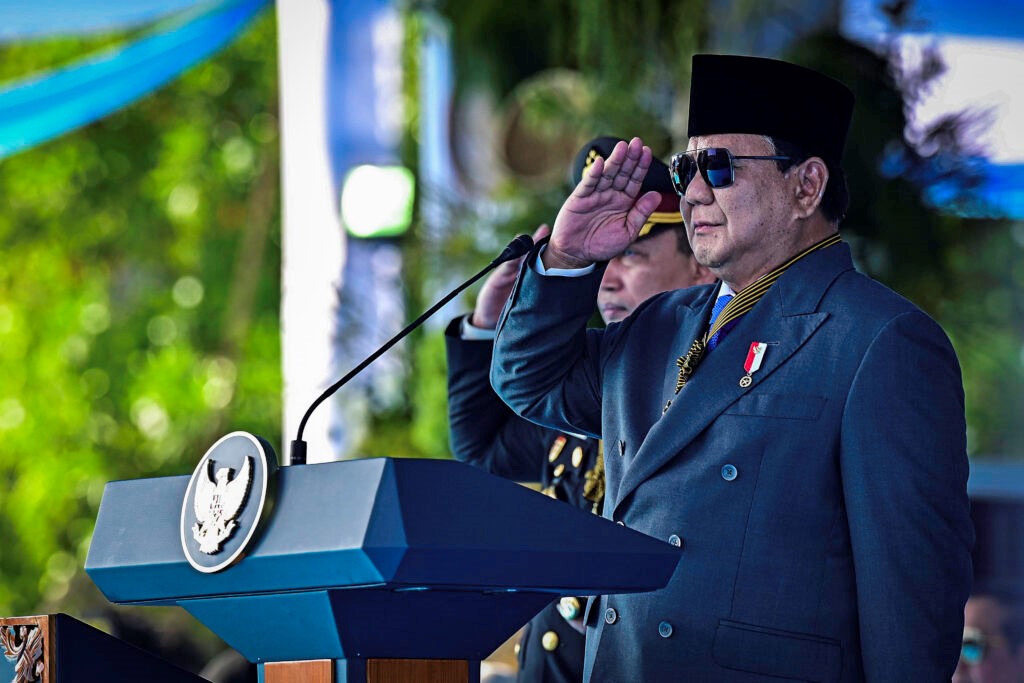Gov’t Completes 51 Implementing Regulations for Job Creation Law

Coordinating Minister for Economic Affairs Airlangga Hartarto (Photo by: Cabinet Secretariat Documentation, PR Division)
The Indonesian Government has completed 51 implementing regulations for Law Number 11 of 2020 on Job Creation.
This is in accordance with provisions of Article 185 of the Job Creation Law which mandates the establishment of implementing regulations no later than three months after the Law came into effect on 2 November 2020.
Coordinating Minister for Economic Affairs Airlangga Hartarto said that the implementing regulations, including Government Regulations and Presidential Regulations, cover changes to provide convenience and certainty in licensing as well as expansion of areas for investment.
“This is expected to provide new jobs and leverage the economy aftermath of the COVID-19 pandemic. This is because the national economic growth is targeted at 5.3 percent in 2021,” the Minister said in a written statement, Sunday (21/02).
Last year, two government regulations on the Investment Management Institution and Initial Capital of Investment Management Institution were issued. Subsequently, 49 implementing regulations consisting of 45 Government Regulations and 4 Presidential Regulations were also completed which were jointly compiled by 20 ministries/agencies according to their respective clusters.
In substance, the implementing regulations are grouped into eleven regulatory clusters, namely: Licensing and Business Sector Activities (15 government regulations), Cooperatives, MSMEs, and Village-Owned Enterprises (4 government regulations), Investment (5 government regulations and 1 presidential regulation), Manpower (4 government regulations), Fiscal Facilities (3 government regulations), Spatial Planning (3 government regulations and 1 presidential regulation), Land and Land Rights (5 government regulations), Environment (1 government regulation), Construction and Housing (5 government regulations and 1 presidential regulation), Economic Zone (2 government regulations), and Goods and Government Services (1 presidential regulation).
Regulations relating to licensing and sector business activities constitute an effort to reform and deregulate in accordance with economic developments and information technology.
The application of risk-based business licensing changes the approach of business activities from license-based to risk-based approach.
For investment, the Government has changed the concept from based on the Negative Investment List (DNI) to priority business. Various priority business sectors will be given incentives and facilities, including fiscal and non-fiscal incentives.
Fiscal incentives consist of tax and customs incentives while the non-fiscal incentives include easy business licensing, provision of supporting infrastructure, guarantee in energy availability and availability of raw materials, immigration, employment, and others.
“Changes in the licensing process and expansion of the business sector for investment, we believe those will be a game-changer in accelerating investment and creating new jobs. With the application of the Job Creation Law and its implementing regulations, we are entering a new era in providing convenience and certainty in licensing and business activities, thereby increasing investment competitiveness, productivity, and efficiency of business activities,” Airlangga said.
The Law also regulates the protection and improvement of workers’ welfare. The Government has regulated four related regulations on Job Loss Guarantee Program (JKP), amendment on provisions of working time, employment relations, and termination of employment (PHK), as well as on wages.
“We hope that this regulation can help overcome the impact of the COVID-19 pandemic on the welfare of workers. In addition, the Job Creation Law also clarifies and emphasizes the provisions on the use of foreign workers which are needed only for transferring new skills and technology, as well as the implementation of investments,” he said. (PR of Coordinating Minister for Economic Affairs/UN) (FI/MMB)








